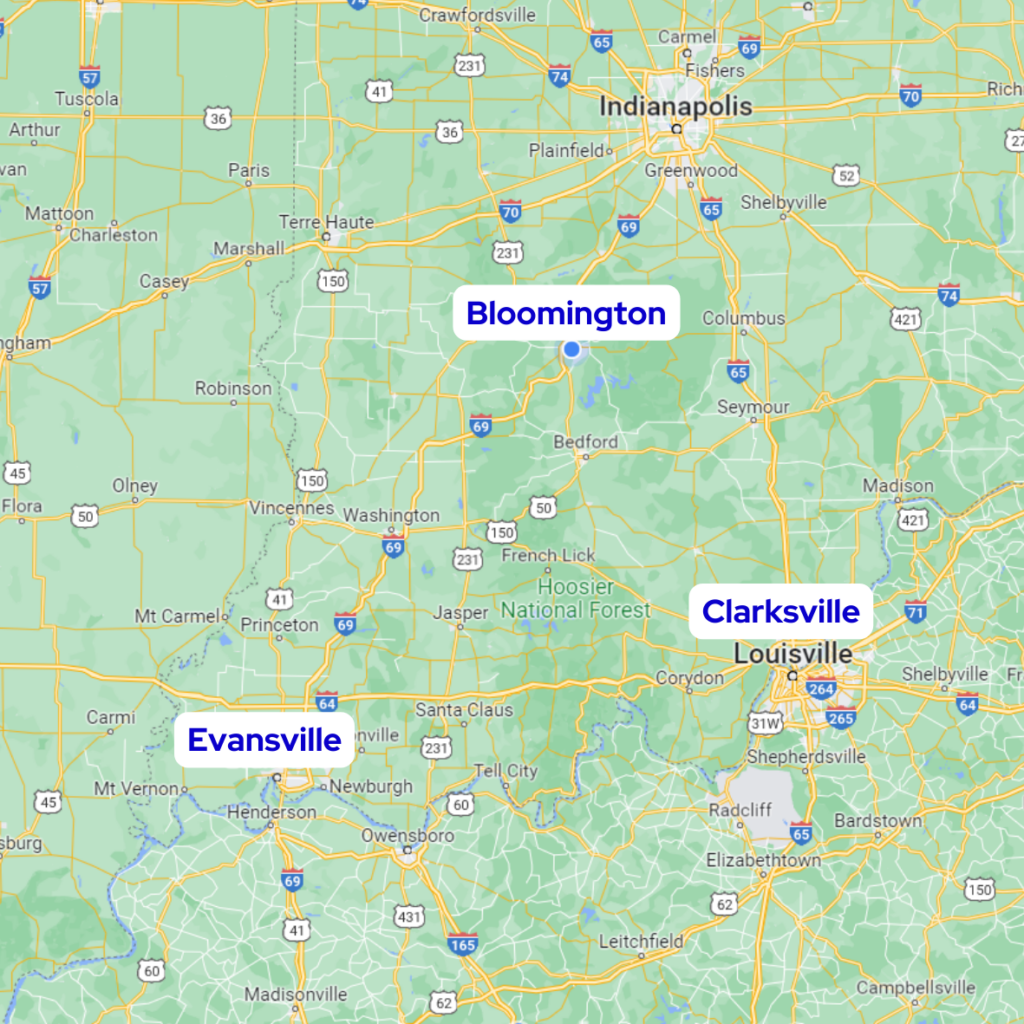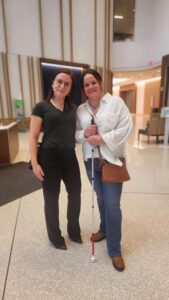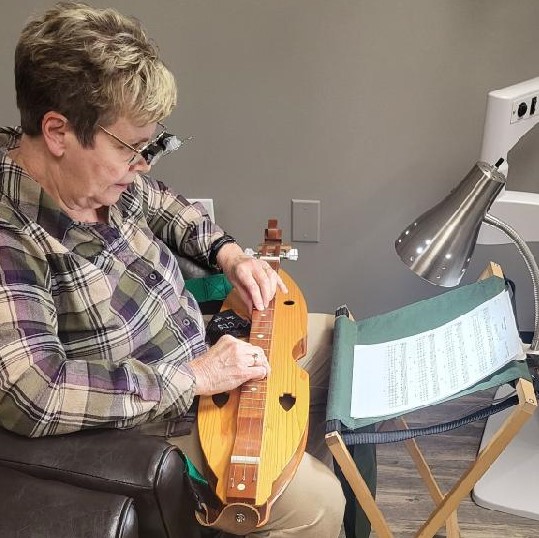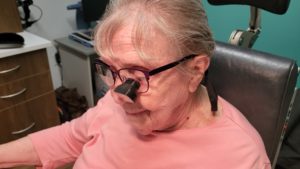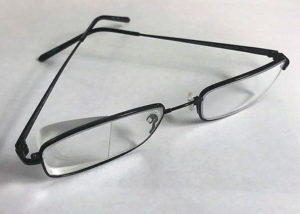W. Jarrod Long, OD, FIALVS
Dr. Jarrod Long is the owner and founder of Midwest Low Vision. He has been serving patients since 1997. In addition to his role at our practice, Dr. Long has been a Fellow in the International Academy of Low Vision Specialists since 2006. He is currently a candidate for Fellowship in the American Academy of Optometry and will pursue the distinguished Low Vision Diplomate Status.
Before establishing our practice, Dr. Long completed a one-year Ocular Disease Residency at the SUNY Optometry-affiliated, FDR VA Hospital in Montrose, New York. He also earned a Comprehensive Clinical Low Vision Care Certification from The Lighthouse Incorporated in New York, New York, in 1997. From 1997 to 2000, he was part-time Clinical Faculty and a Low Vision Case Consultant at the Indiana University School of Optometry.
Holly Hart, ABOC
Holly Hart, our Lead Low Vision Technician, joined our team in 2021. She is American Board of Opticianry Certified since 2022. Holly brings a unique perspective to our team as she is a low vision patient herself, diagnosed with Stargardt Macular Degeneration. This personal experience gives her a deep understanding of the challenges our patients face, making her an invaluable member of our team.
Prior to joining us, from 2006 to 2021, Holly held various roles in eye care offices, ranging from technician to leadership and management positions. She is also an Indiana-licensed Bioptic Telescopic Driver, as well as a Bioptic Glasses Trainer. In addition to her professional accomplishments, Holly is an active volunteer with the Foundation Fighting Blindness.
Casey Beckman, ABOC
Casey Beckman is our Office Manager at Long Family Eye Care and Midwest Low Vision, a position she has held since 2021. Casey graduated from the IU School of Optometry in 2008, where she served as Class President. She has been American Board of Opticianry Certified since 2008.
Before assuming her current role as Office Manager, Casey was our Lead Low Vision Technician from 2008 to 2021. Her experience, skills, and dedication to patient care make her an essential part of our team.
Our team at Midwest Low Vision is passionate about helping our patients achieve the best possible vision and quality of life. With our combined expertise and commitment, we are confident in our ability to provide exceptional care to all our patients.
We specialize in providing comprehensive and personalized care for patients with unmet functional vision needs. We understand the challenges that come with low vision conditions and strive to provide solutions that improve our patients’ quality of life. With extensive experience and a diverse selection of prescription low vision aids, we are equipped to meet the vision demands created by wide range of eye conditions.
Why Refer to Midwest Low Vision?
What distinguishes us is not just our depth of experience and education, but also our personalized, goal-oriented approach to patient care and education. We are committed to providing the time and attention necessary to address each patient’s individual vision needs.
What is the Process?
The Referral
The first step in our patient care process is referral. As a healthcare provider, you can identify patients with unmet vision needs and educate them about the options available at Midwest Low Vision. This step involves sharing office notes and patient contact information with us.
The Call
Upon receiving a referral, we will contact the patient directly. This call serves to gather additional information, discuss the patient’s needs, and schedule an appointment. If for any reason an appointment is not scheduled, we will inform your office and provide an explanation.
The Evaluation
The evaluation is an in-depth process that includes a detailed history, a “wish list” of the patient’s vision goals, measurements, expectations, trials, tests, and education. Each patient will receive a personalized care plan based on their unique vision goals. After the evaluation, we send you a summarized report of our prescriptions and recommendations to keep you updated on the patient’s progress.
The Dispense
The final step in our process is the dispensing of the prescription low vision aids. We ensure the fit, adjust as necessary, educate the patient on proper use, and confirm that the patient’s goals and expectations are met. We encourage our patients to, not only follow-up with us as needed, but to follow-up with their referring healthcare provider as scheduled to ensure continuity of care.
For referrals or inquiries, call us at 877-577-2040, fax us at 812-332-5092, or email our lead low vision technician, Holly, at holly@midwestlowvision.com.
Empower your patients and enhance your practice by partnering with Midwest Low Vision. Together, we can provide access to life-changing low vision care!

